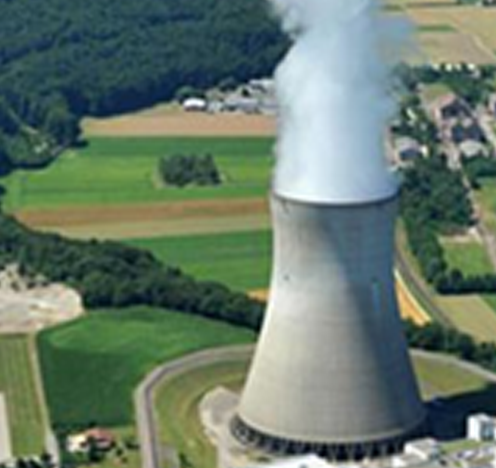This is an outdated version published on 2024-08-02. Read the most recent version.
EVALUATING NUCLEAR POWER’S SUITABILITY FOR CLIMATE CHANGE MITIGATION: TECHNICAL RISKS, ECONOMIC IMPLICATIONS AND INCOMPATIBILITY WITH RENEWABLE ENERGY SYSTEMS
Main Article Content
Abstract
This paper presents a comprehensive analysis of the suitability of nuclear power as an option to combat the escalating climate emergency. Summarizing and evaluating key arguments, we elucidate why nuclear power is unsuitable for addressing climate change. The primary argument centers around the unresolved technical and human risks of accidents and proliferation, which are unlikely to be effectively mitigated in the future. Furthermore, we highlight the significant cost disparities between nuclear power and other non-fossil energy sources, such as solar photovoltaics and wind power, considering levelized costs of electricity. We also address the incompatibility of nuclear power with renewable energy systems, emphasizing the need for flexibility in the face of variable solar and wind resources. Alternative reactor technologies will not be available in time to make a major contribution. Nuclear power also poses challenges in power plant operation amid climate change and war. Ultimately, we argue that other motivations should be explored to explain the continued interest in nuclear power in some countries, as energy supply arguments alone are insufficient to justify new investments.
Article Details
Section
Communications

